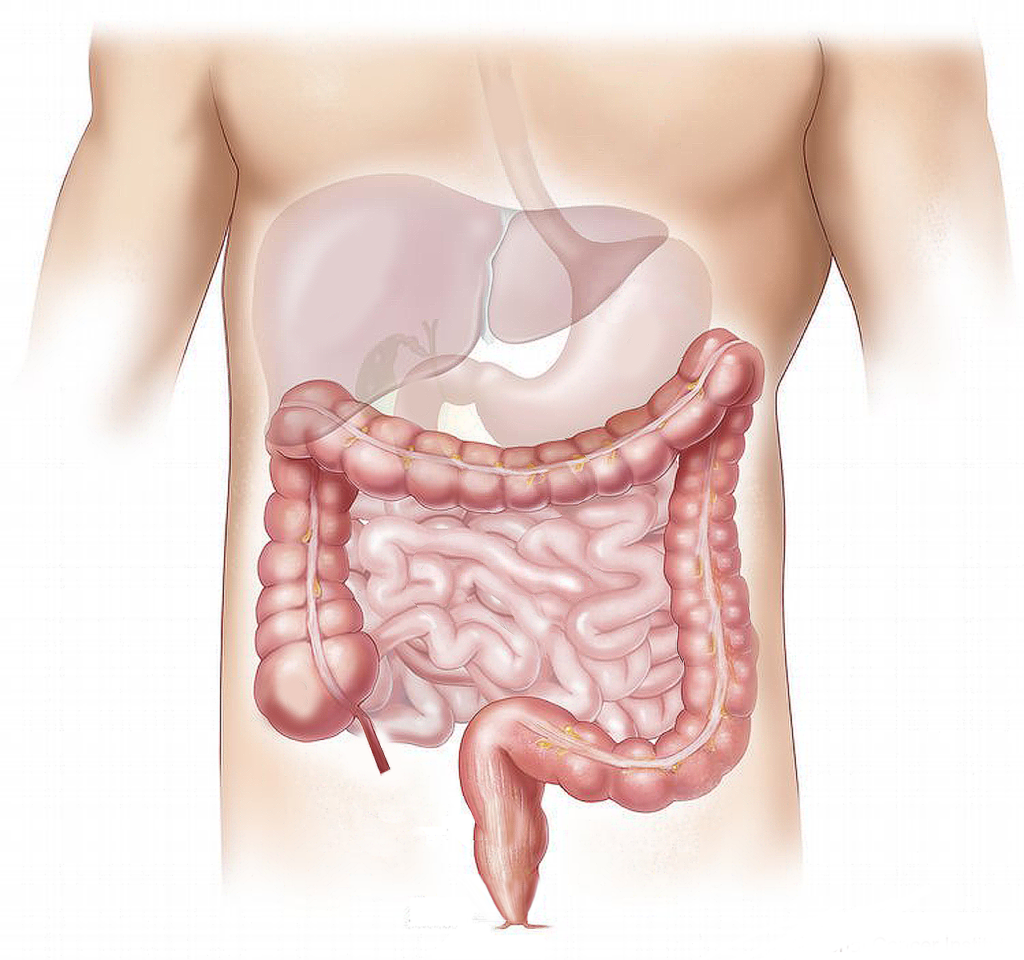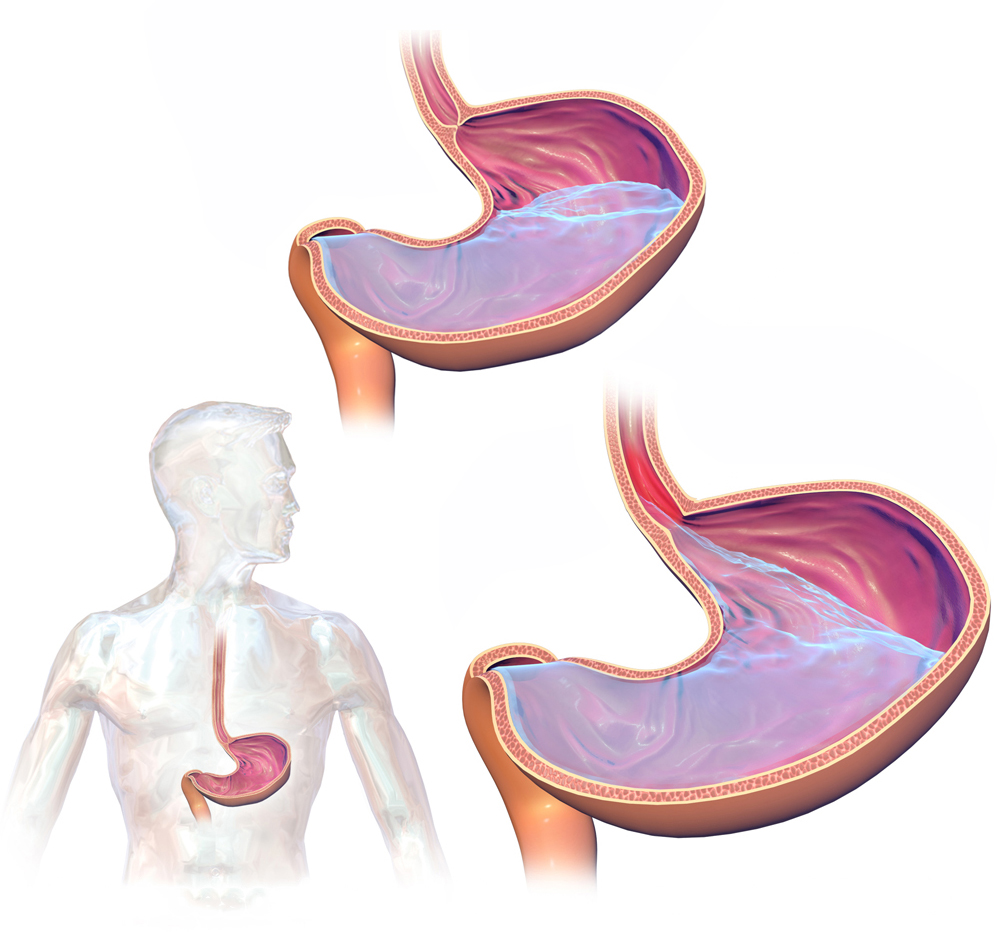Small Intestinal Bacteria Overgrowth (SIBO)
SIBO stands for Small Intestinal Bacterial Overgrowth. It occurs when bacteria that normally live in your lower intestine (colon) moves up into your small intestine. The small intestine is not set up to deal with these bacteria, and they can cause a lot of problems. Some of the bacteria make hydrogen and methane gasses while they munch on the food in your intestinal tract. These gasses notoriously cause a multitude of uncomfortable symptoms.
SIBO Symptoms
The most common symptoms resemble those of irritable bowel syndrome (IBS)
- Bloating, increased passing of gas (flatulence), and belching
- Diarrhea, constipation, or a combination
- Abdominal pain, cramps, nausea, heartburn
- Food sensitivities, slow digestion
- Fatigue, joint pain, headaches, asthma
- Depression, brain fog
- The small intestine may not be able to absorb nutrients. You may experience weight loss, and/or nutrient deficiencies
- There are numerous other conditions and illnesses that have been associated with SIBO
The First Step to Getting Better is the SIBO Breath Test
Rogue bacteria that migrate up into the small intestines produce hydrogen, methane, and hydrogen sulfide gasses. Levels of these gasses can be measured with a home breath test. The SIBO breath test involves a 24-48 hour prep diet, a 12 hour fast prior to the test, and a 3-hour breath test (once every 20 minutes) after drinking a solution of lactulose or glucose.
The results of SIBO testing fall into distinct categories that determine the most appropriate treatment:
- Hydrogen-predominant SIBO
- Methane-predominant SIBO
- Hydrogen Sulfide SIBO
- Combination
Treatment Option Goals
- Reduce the bacteria with:
- Specific supplements and herbal formulas
- Antibiotics
- Special diets
- Lifestyle changes
- Heal the small intestinal lining
- Prevent relapse
Your treatment protocol is determined by the type of SIBO you test positive for as well as your symptoms. Contact our office for a consultation to see if a SIBO test might be an answer to your irritating gastrointestinal symptoms.
Learn More about the author: Dr. Kris Ritchey




